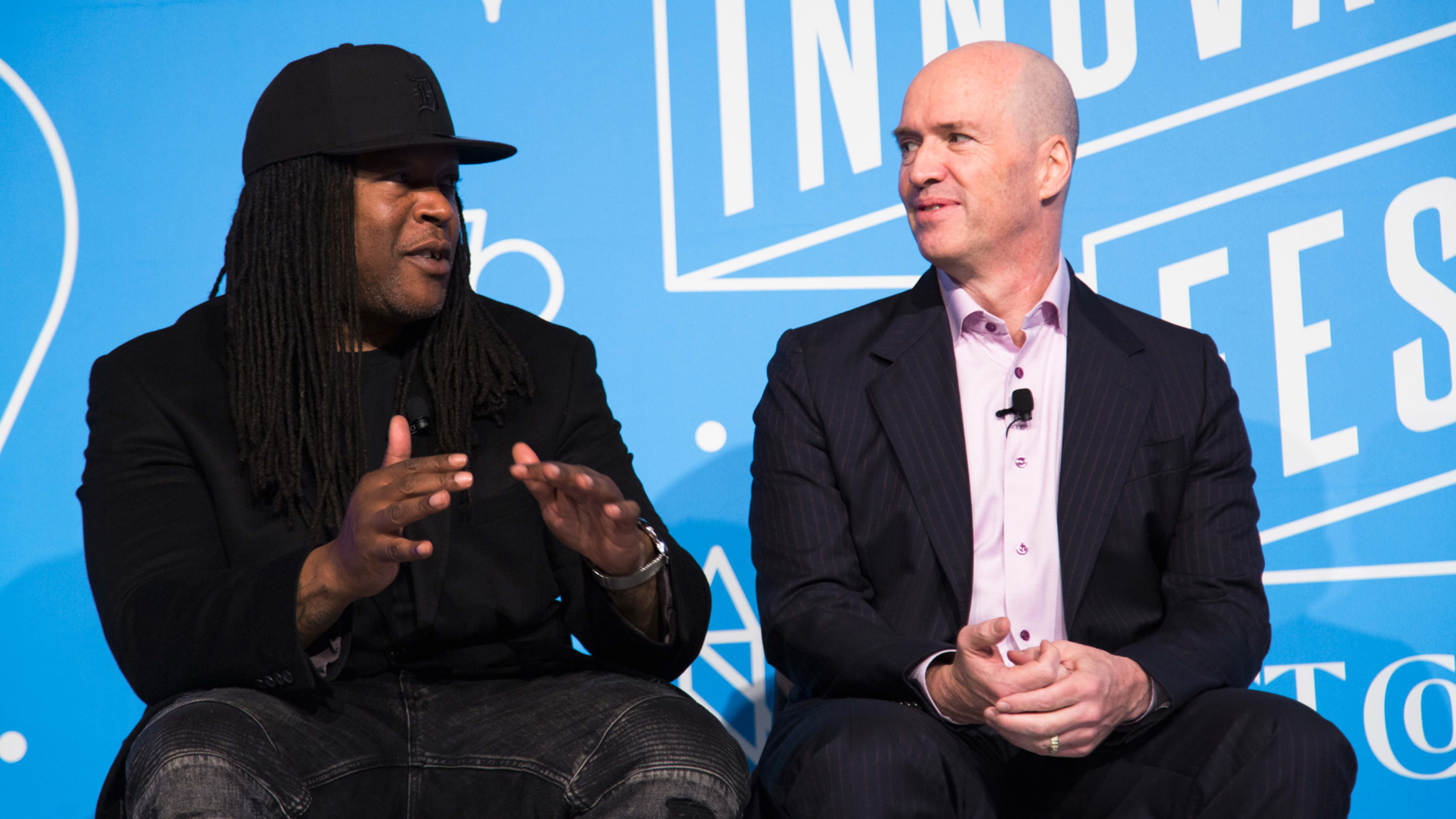Last week, the new book What You Do Is Who You Are by venture capitalist and businessman Ben Horowitz hit shelves, a unique look at how lessons from some unexpected leaders can help transform business and company culture. In the book, Horowitz examines four case studies of leadership, including Genghis Khan, Japanese samurai culture, Haitian slave revolt leader Toussaint Louverture, and Shaka Senghor, a former convict-turned-lecturer, author, and director’s fellow of the MIT Media Lab.
Horowitz and Senghor were on stage at the Fast Company Innovation Festival to discuss the book, and how redemption, self-realization, and what a successful company culture actually looks like.

Broadly, the definition of a company culture is how decisions are made when its leaders aren’t there. Horowitz said he likes the term “move culture.”

The two originally met after Oprah told Horowitz about her own interview with Senghor, who had served 19 years in prison, seven of those in solitary confinement, for second-degree murder. Senghor had managed to rebuild his life within prison, and positively change his gang culture. Horowitz saw business parallels to Senghor’s story of his arrival in prison, when he saw a man stab another to death before going to eat lunch. “That’s a very intentional, premeditated act of violence to basically set where this person would land in the hierarchy of the prison,” Senghor said.

The lesson here was the value of first impressions.
“One of the ways the culture moves and gets set, is when new people are coming into the organization, it’s what they see on their first day,” Horowitz said. “You know when you join a company you go in on your first day and ask yourself, who’s successful here and what are they doing? That sets the culture more than anything you can say, or think what your culture is.”

To that end, Horowitz said the most important thing in any organization isn’t the money you make or the deals you do, it’s the time. “What is that time like for the people who are there?” he said. “Most of their waking hours are spent in this organization doing things in your way of doing it. As a leader, that’s the biggest thing you do, I don’t care if someone is (at the company) for a week or 10 years.”
Recognize your brand’s excellence by applying to this year’s Brands That Matter Awards before the final deadline, June 7.
Sign up for Brands That Matter notifications here.
